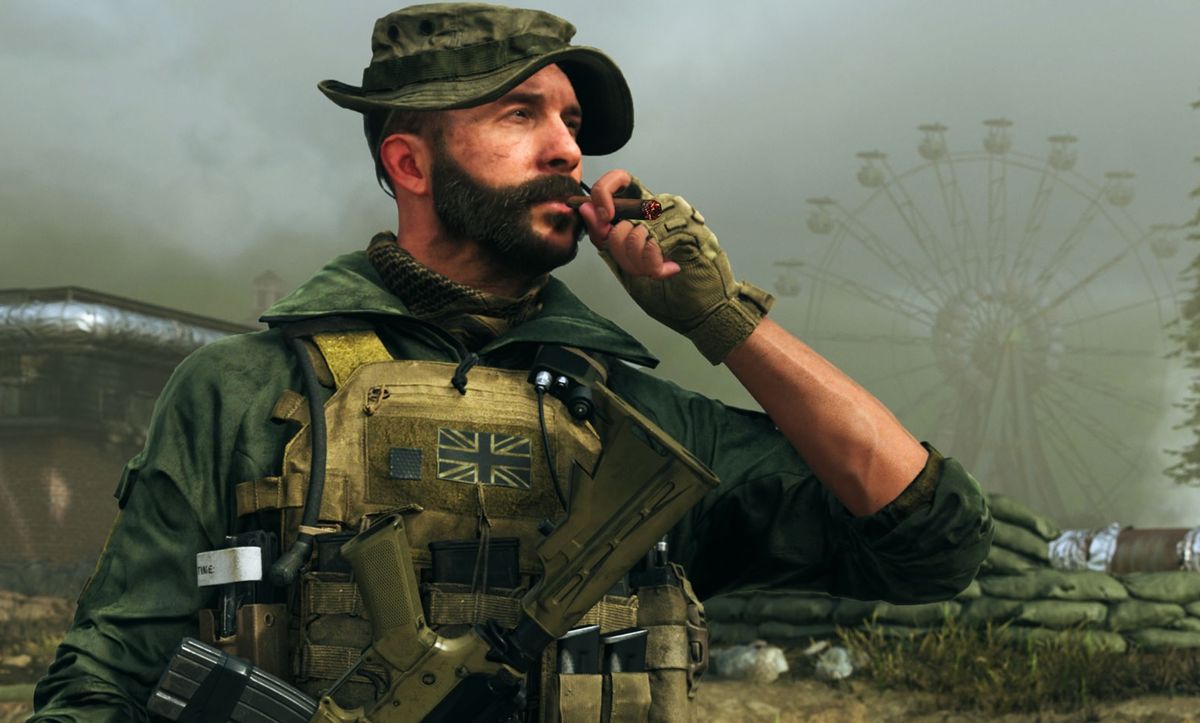I hear you, good point, but I don't think this is about the cloud gaming landscape right at this moment.
When going to trial for these types of acquisitions some foresight has to be applied.
I don't think that it matters how much of the market Xbox has right now. The fact is they have the money, cloud infrastructure and intellectual property to be vertically integrated/self-reliant. Allowing them to purchase Activision-Blizzard-King inorganically furthers their current position while forcing their competitors into doing business with them. (I bet if they were just purchasing King this wouldn't be an issue since they don't have a presence in mobile gaming)
Currently, Sony is a competitor in console space, and Nvidia is one of their competitors in the cloud gaming space. Without Xbox owning Activision, both of these companies are free to compete for content from Activision against Xbox. So that is where the monopoly equation comes into play since it eliminates that area of the "free market".
"Big bad tech" is definitely one of the reasons why all of this is happening. FTC is trying to build a case of past company behaviour (MS has a history), past Xbox division behaviour/statements (FTC bringing up emails from 2019 and even as recently as Sept 2022 - that MS now conveniently says has changed

), these all play a factor in building their case.
The FTC lawyer is kind of jumping all over the place so it was a bit hard to follow her flow at times. The judge was asking better follow up questions and doing a better job of having the witness clarify their answers.
The statement from Jim Ryan to the employees or the board or whomever he was talking to about not hurting competition is just corporate speak.
Whenever mass or public emails go out in any corporation, they are almost always spun to be positive, anyone who has ever been in corporate knows this.

www.polygon.com
 Xbox nikkas watching cnbc while Sony just dropped another classic
Xbox nikkas watching cnbc while Sony just dropped another classic
 All this energy spent on this deal, when the shyt falls through y’all gonna commit that.
All this energy spent on this deal, when the shyt falls through y’all gonna commit that.

